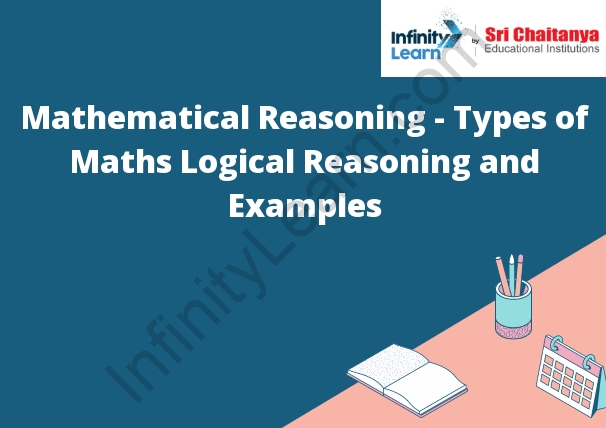Table of Contents
Mathematical Reasoning
Mathematical reasoning is the process of applying logical principles to mathematical problems. In order to reason mathematically, one must be able to understand and apply basic principles of logic. These principles include the law of non-contradiction, the law of the excluded middle, and the principle of identity. In addition, one must be able to understand and apply basic principles of math, such as the commutative, associative, and distributive laws.
The ability to reason mathematically is essential in order to solve mathematical problems. Without the ability to reason mathematically, one would be unable to understand the relationships between numbers and would be unable to solve mathematical problems.
The ability to reason mathematically is also essential in everyday life. Many everyday activities require the ability to reason mathematically. For example, when cooking, one must be able to understand and use basic principles of measurement. In addition, when shopping, one must be able to understand and use basic principles of arithmetic.
Overall, mathematical reasoning is a process that is essential in both mathematics and everyday life.

Types of Maths Logical Reasoning
There are a number of different types of maths logical reasoning. The most common type is deductive reasoning, which is based on the premise that if something is true, then it must be true. For example, if all dogs are animals, then all animals must be dogs. Deductive reasoning often used in mathematical proofs.
Inductive reasoning is another type of maths logical reasoning. This is where you look at a series of events or data and try to infer a general rule from them. For example, if you observe that a coin always comes up heads when you flip it, you might inductively reasoning that all coins always come up heads. Inductive reasoning often used in statistics.
Abductive reasoning is a third type of maths logical reasoning. This is where you start with a conclusion and then try to find evidence to support it. For example, if you want to prove that all dogs are animals, you might start by looking at a bunch of different dogs and seeing if they have characteristics that are common to all animals. Abductive reasoning is often used in scientific research.




